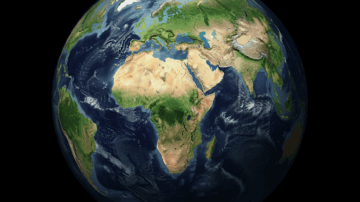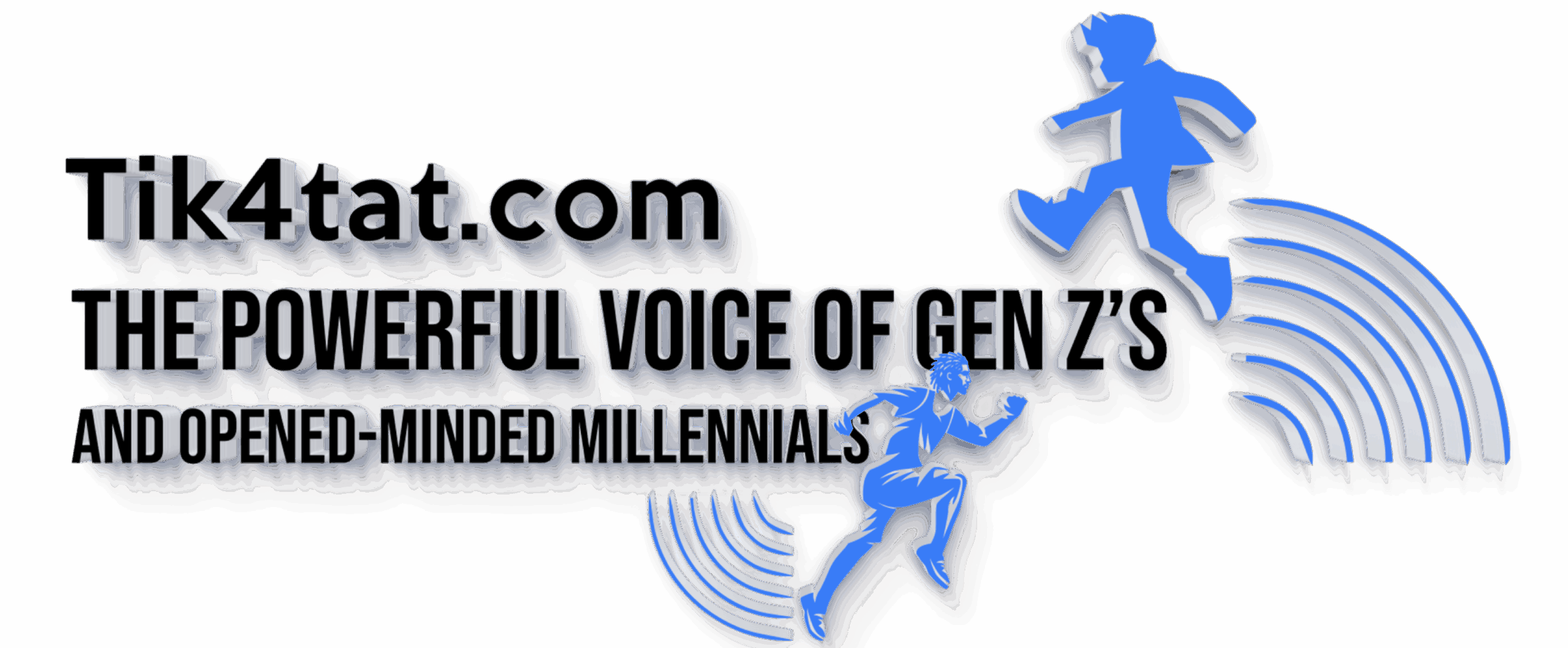The World They Inherit: A Gen Z Perspective on Global Challenges

 tik4tat earth
tik4tat earth
The World They Inherit: A Gen Z Perspective on Global Challenges
Gen Z, born between the mid-1990s and early 2010s, is coming of age in a world grappling with complex and interconnected challenges. While they are digital natives adept at navigating the online world, many are less aware of the underlying social, economic, and environmental issues shaping their reality. Here’s a glimpse into some key facts about the world that may surprise many in Gen Z:
1. The Wealth Gap is Staggering:
* The richest 1% of the world’s population owns more wealth than the bottom 6.9 billion people combined.
* This inequality isn’t just a global issue; it’s prevalent within countries too. In the US, the top 1% holds more wealth than the bottom 90%.
* This concentration of wealth limits opportunities for the majority and can fuel social instability.
2. Poverty Remains a Persistent Challenge:
* Despite progress, over 700 million people globally still live in extreme poverty, surviving on less than $1.90 a day.
* Poverty is linked to hunger, lack of education, limited healthcare access, and increased vulnerability to disease.
* Climate change disproportionately impacts the poor, exacerbating existing inequalities.
3. Climate Change is a Reality:
* Gen Z is the first generation to grow up with the full effects of climate change, from extreme weather events to rising sea levels.
* The scientific consensus is clear: human activities are the primary drivers of climate change.
* Failure to address climate change will have devastating consequences for Gen Z and future generations.
4. Social Justice Issues are Far from Resolved:
* Systemic discrimination based on race, gender, sexual orientation, and other factors persists globally.
* Movements like Black Lives Matter and #MeToo highlight the ongoing struggle for equality and justice.
* Gen Z is at the forefront of demanding social change and holding institutions accountable.
5. Education is Unequal and Evolving:
* Access to quality education remains a privilege, not a right, for many children worldwide.
* The digital divide exacerbates educational inequalities, with limited internet access hindering learning opportunities.
* The future of work is changing rapidly, requiring new skills and adaptability, posing challenges for education systems.
Beyond the Headlines:
These facts paint a sobering picture, but they also underscore the urgency for action. Gen Z has the potential to be a powerful force for change. By understanding the interconnectedness of these global challenges, they can advocate for solutions that promote a more just, equitable, and sustainable world.
Here are some ways Gen Z can make a difference:
* Stay informed: Go beyond social media and seek out reliable sources of information.
* Get involved: Join organizations, volunteer, and participate in protests and rallies.
* Use your voice: Speak out against injustice and inequality.
* Support sustainable practices: Reduce your carbon footprint and advocate for environmental protection.
* Vote: Exercise your right to vote and support candidates who align with your values.
The future belongs to Gen Z. By understanding the challenges and embracing their role as agents of change, they can create a better world for themselves and generations to come.


